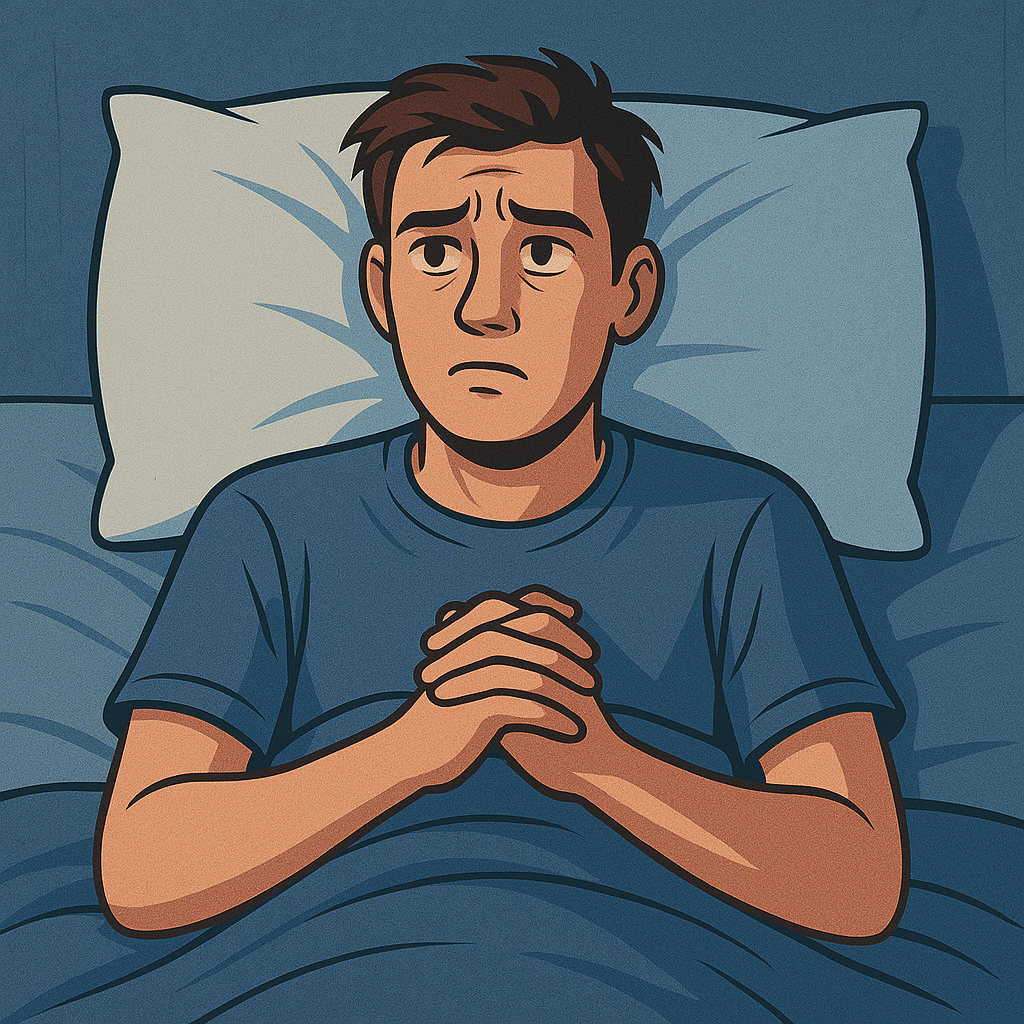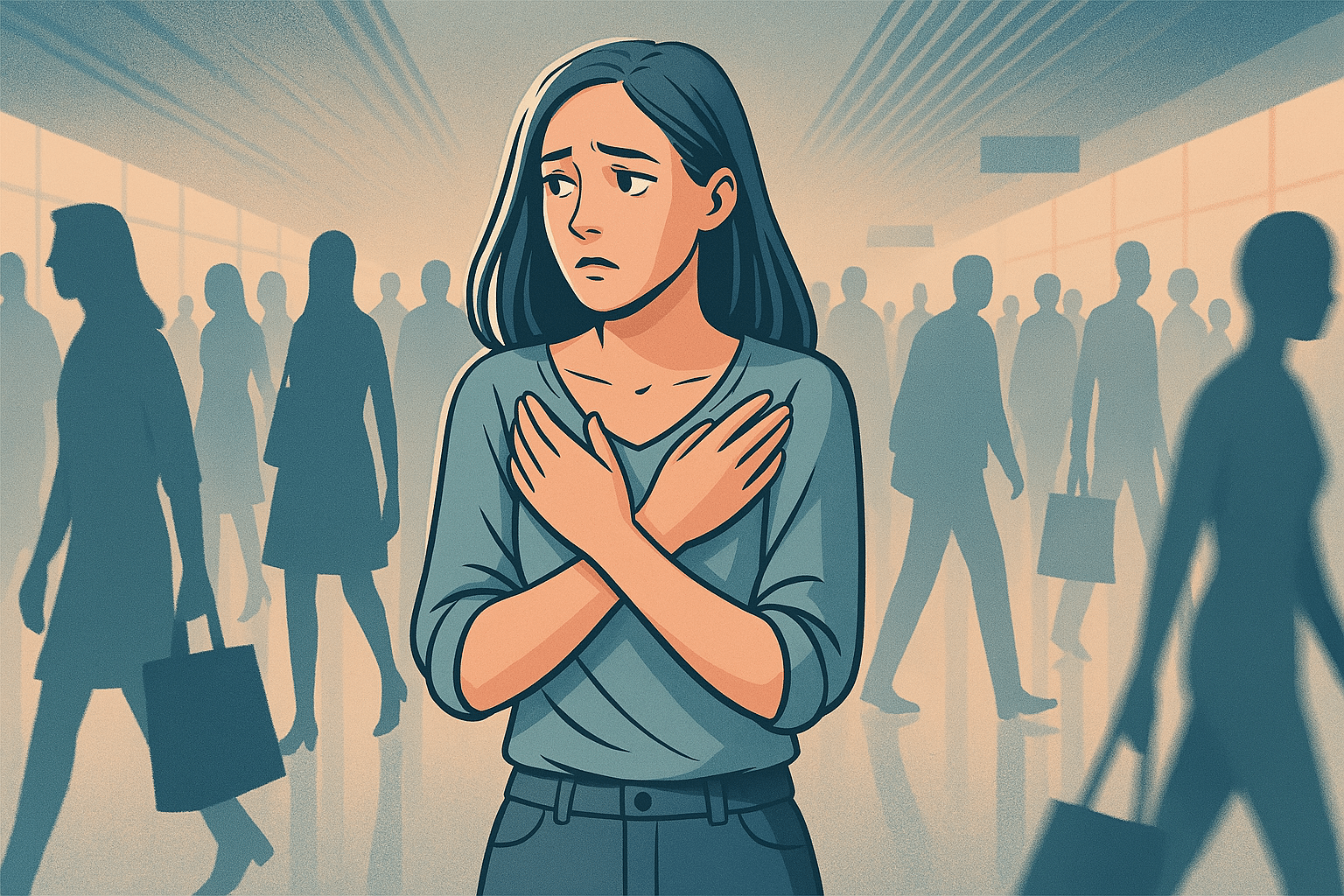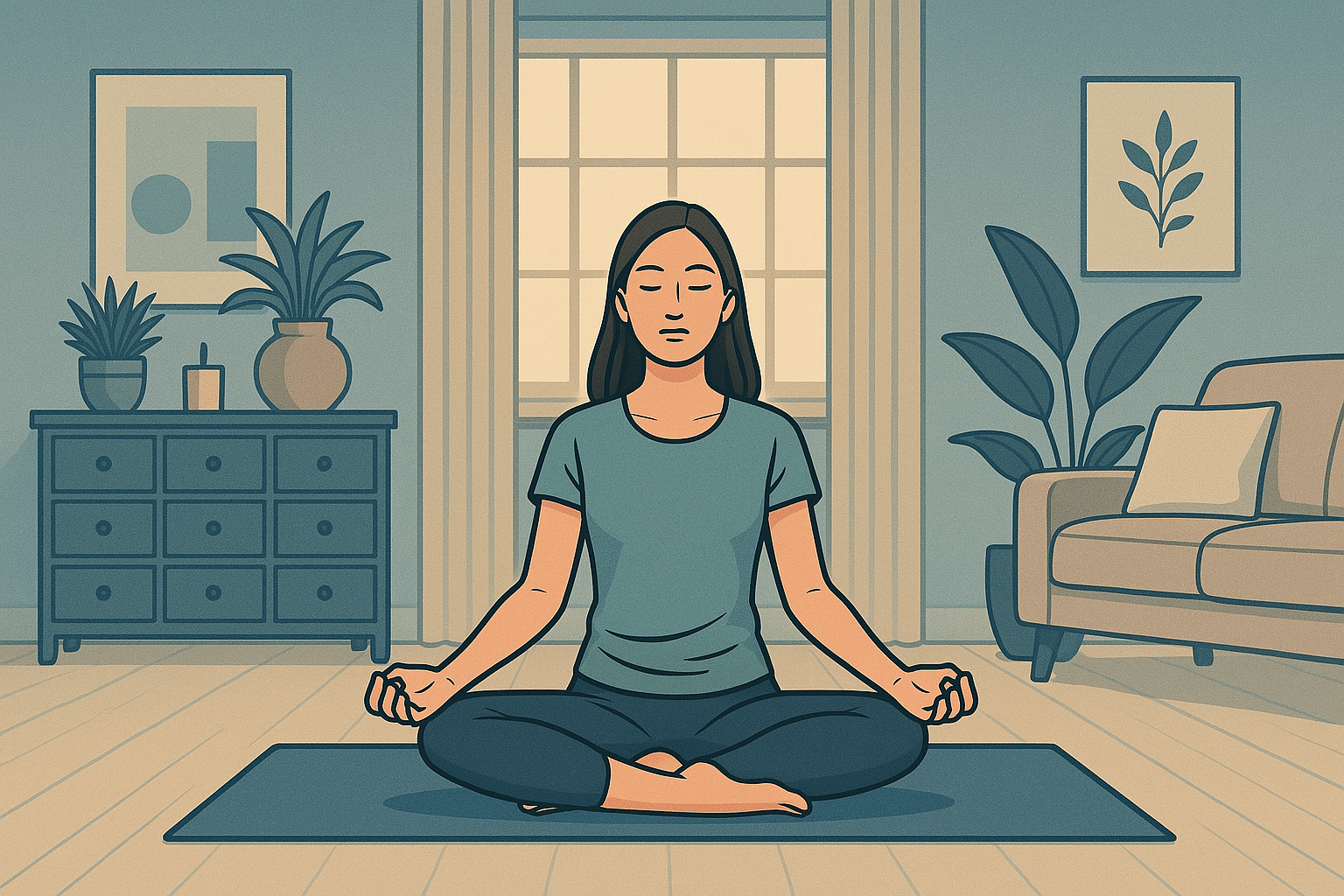Key Takeaways
- Mania is characterized by elevated mood and energy, while psychosis involves a loss of contact with reality.
- Symptoms of mania include rapid speech and impulsive behavior; psychosis symptoms include hallucinations and delusions.
- Treatment for mania often involves mood stabilizers, while antipsychotics are commonly used for psychosis.
- Early diagnosis and consistent treatment can significantly improve outcomes for both conditions.
- A Mission For Michael (AMFM) offers specialized treatment programs for both mania and psychosis with personalized care plans and evidence-based therapies.
Definitions and Characteristics
Mania is often associated with bipolar disorder and is characterized by an abnormally elevated mood, increased activity, and a decreased need for sleep. It can lead to impulsive decisions and risky behaviors. Psychosis, on the other hand, is a symptom that can occur in various mental health conditions, including schizophrenia and bipolar disorder. It involves a loss of contact with reality, manifesting as hallucinations or delusions.
Core Differences
The core difference between mania and psychosis lies in their symptoms and perception of reality. Mania is marked by an intense state of euphoria or irritability, while psychosis involves a significant distortion of reality. During a manic episode, a person might feel on top of the world, but in a psychotic episode, they might hear voices or believe in things that aren’t real.
| A Mission For Michael: Expert Mental Health Care Founded in 2010, A Mission For Michael (AMFM) offers specialized mental health care across Southern California, Minnesota, and Virginia. Our accredited facilities provide residential and outpatient programs, utilizing evidence-based therapies such as CBT, DBT, and EMDR. Our dedicated team of licensed professionals ensures every client receives the best care possible, supported by accreditations from The Joint Commission and the California Department of Health Care Services. We are committed to safety and personalized treatment plans. Start your recovery journey with AMFM today! |
Common Misconceptions
One common misconception is that mania and psychosis are interchangeable terms. While they can occur together, especially in conditions like bipolar disorder, they are distinct phenomena. Another misconception is that all individuals with bipolar disorder experience psychosis; in reality, it varies from person to person.
Identifying Triggers for Mania and Psychosis
Recognizing what triggers mania and psychosis is a vital step in managing these conditions. Triggers can vary widely among individuals, but understanding these common triggers can help in preventing episodes:
- Stressful life events
- Sleep disturbances
- Substance abuse
- Major life changes
- Genetic predispositions
Each of these factors can play a significant role in the onset of mania or psychosis. Therefore, managing stress and maintaining a regular sleep schedule can be crucial preventive measures.
Environmental and Biological Factors
Environmental factors such as major life changes, trauma, or chronic stress can trigger both mania and psychosis. Biologically, genetics can also play a significant role. If an individual has a family history of mental health disorders, their likelihood of experiencing mania or psychosis increases.
Stress and Lifestyle Influences
High levels of stress can precipitate episodes of mania or psychosis.

Lifestyle factors, including irregular sleep patterns and substance use, can exacerbate symptoms.
It’s necessary to cultivate a balanced lifestyle with stress management techniques to reduce the risk of triggering these conditions.
Substance Abuse and its Impact
Substance abuse can significantly impact mental health, often exacerbating symptoms of mania and psychosis. Drugs like cocaine and methamphetamines can induce manic-like symptoms, while alcohol and cannabis can contribute to psychotic episodes.
Avoiding drugs and alcohol can be a critical step in preventing episodes and maintaining mental health stability.
Mania Symptoms
Mania is characterized by a distinct period of abnormally elevated mood and energy levels. During a manic episode, you might feel an overwhelming sense of euphoria or irritability. Some common symptoms include a decreased need for sleep, rapid speech, and racing thoughts. You may also engage in impulsive or risky behaviors, such as excessive spending or taking unnecessary risks.
In some cases, individuals experiencing mania might have an inflated sense of self-esteem or grandiosity. It’s vital to recognize these symptoms early, as they can escalate and lead to significant disruptions in personal and professional life.
Psychosis Symptoms
Psychosis involves a loss of contact with reality and can manifest in various forms. Hallucinations, which are false perceptions such as hearing voices or seeing things that aren’t there, are common. Delusions, or strong beliefs in things that are clearly false or not based in reality, can also occur.
Other symptoms include disorganized thinking and speech, which can make communication difficult.

You might find yourself feeling detached from reality, struggling to differentiate between what’s real and what’s not.
Overlapping Symptoms and How to Distinguish
While mania and psychosis have distinct symptoms, they can sometimes overlap, making it challenging to distinguish between the two. For instance, during a severe manic episode, you might experience psychotic symptoms such as hallucinations or delusions.
The key difference lies in the presence of mood symptoms. In mania, elevated mood and energy are predominant, whereas psychosis focuses more on the distortion of reality.
If you’re unsure about if you’re experiencing mania or psychosis, consulting a mental health professional can provide clarity and guidance.
Treatment Approaches
Medications for Mania
Mood stabilizers, such as lithium and valproate, are commonly prescribed to help regulate mood swings. Antipsychotic medications may also be used to address severe symptoms.
Work closely with a healthcare provider to find the right medication and dosage for your specific needs. Regular monitoring and adjustments may be necessary to ensure optimal effectiveness and minimize side effects.
Treatments for Psychosis
Antipsychotic medications help reduce or eliminate hallucinations and delusions, allowing you to regain a sense of reality. In some cases, mood stabilizers or antidepressants may be used in conjunction with antipsychotics to address underlying mood disorders.
As with treatments for mania, collaborate with a healthcare provider to determine the most appropriate treatment plan. Consistency in taking medications as prescribed is vital to managing symptoms effectively.
Psychotherapy and Other Interventions
Psychotherapy, or talk therapy, can be a valuable component of treatment for both mania and psychosis. Cognitive-behavioral therapy (CBT) is particularly effective in helping you identify and change negative thought patterns and behaviors.
Other therapeutic approaches, such as family therapy or group therapy, can provide additional support and help you develop coping strategies.

Engaging in therapy can foster a better understanding of your condition and promote long-term recovery.
Role of Lifestyle Adjustments
Lifestyle adjustments play a significant role in managing mania and psychosis. Establishing a regular sleep schedule, maintaining a balanced diet, and engaging in regular physical activity can help stabilize mood and reduce symptoms.

Stress management techniques, such as mindfulness and relaxation exercises, can also be beneficial.
Avoiding substances like alcohol and drugs is necessary, as they can exacerbate symptoms and interfere with treatment.
The Road to Recovery and Management
Recovery from mania and psychosis is a journey that requires patience, commitment, and support. Developing a comprehensive treatment plan unique to your needs is essential for effective management.
Building a strong support system, through family, friends, or mental health professionals, can provide encouragement and accountability.
Long-term Management Strategies
Long-term management of mania and psychosis involves a combination of medication, therapy, and lifestyle changes. Consistent adherence to prescribed medications is essential for maintaining stability and preventing relapses.
Besides medication, engaging in psychotherapy provides valuable support and coping strategies. CBT can help modify negative thought patterns and behaviors, while family therapy can improve communication and support within the household. Developing a strong support network is vital for long-term success.
Why Choose AMFM for Your Recovery Journey
Recovery from mania and psychosis demands specialized care that A Mission From Michael (AMFM) is uniquely positioned to provide. Since 2010, our accredited facilities across Southern California, Minnesota, and Virginia have helped countless individuals regain stability through our comprehensive approach. Unlike general mental health services, AMFM offers programs specifically designed to address the complex interplay of symptoms in both mania and psychosis, with treatment plans customized to each person’s unique needs.
What sets AMFM apart is our team of licensed professionals who specialize in evidence-based therapies proven effective for these conditions.

Our residential and outpatient programs incorporate CBT, DBT, and EMDR therapy within a supportive environment validated by Joint Commission accreditation.
We understand that recovery isn’t just managing symptoms—it involves rebuilding lives, which is why our well-rounded approach addresses psychological, physical, and social aspects of healing.
Frequently Asked Questions (FAQ)
What is the main difference between mania and psychosis?
The main difference between mania and psychosis lies in their symptoms and effects on reality. Mania is characterized by elevated mood, increased energy, and impulsive behavior, while psychosis involves a loss of contact with reality, manifesting as hallucinations or delusions.
Can someone experience both mania and psychosis simultaneously?
Yes, it’s possible to experience both mania and psychosis simultaneously, particularly in conditions like bipolar disorder. During a severe manic episode, psychotic symptoms such as hallucinations or delusions can occur. Seek professional help to address both conditions effectively.
How do triggers differ for mania and psychosis?
Triggers for mania often include stress, sleep deprivation, and major life changes. Psychosis can be triggered by severe stress, trauma, or substance abuse. Identifying personal triggers is essential for preventing episodes and maintaining stability.
Are there lifestyle changes that can help manage symptoms?
Yes, lifestyle changes can significantly impact the management of mania and psychosis. Establishing a regular sleep schedule, maintaining a balanced diet, and engaging in physical activity are crucial for stability.
What treatment options does AMFM offer for mania and psychosis?
At A Mission For Michael (AMFM), we offer comprehensive treatment options for mania and psychosis, including medication management, psychotherapy, and support groups.












